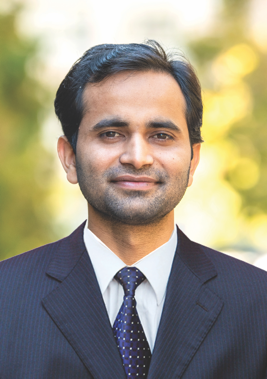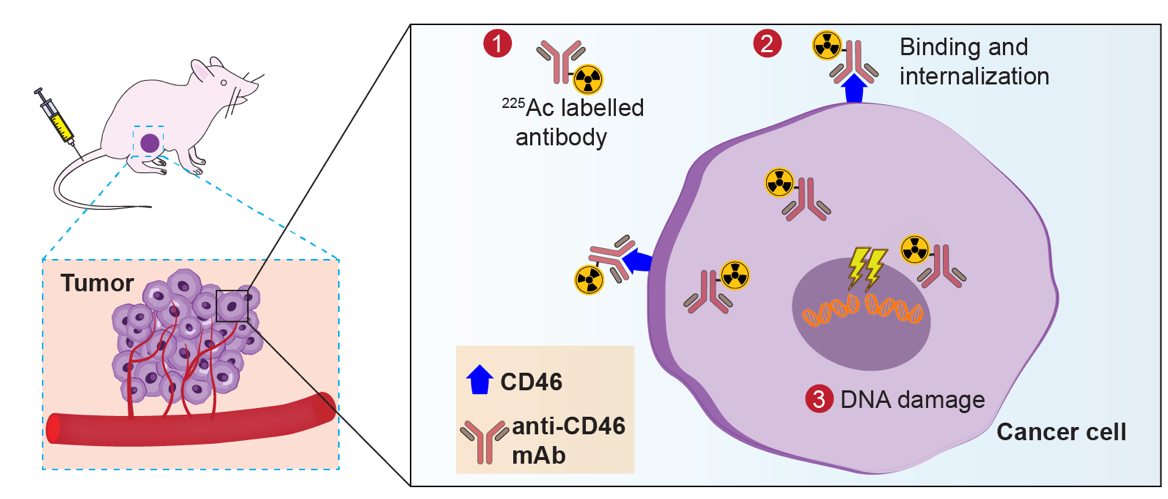About author
Anil Bidkar is a biosciences researcher with a Ph.D. in the field. Dr. Bidkar’s research focuses on tumor-targeted therapy, with a particular interest in developing effective treatment strategies for cancer patients. Through his work, Dr. Bidkar aims to contribute to developing innovative and personalized therapies that can improve patient outcomes and quality of life. He has published several research papers in renowned scientific journals and has presented his work at national and international conferences. With a passion for scientific inquiry and a commitment to advancing the field of oncology, Dr. Bidkar is a dedicated and accomplished researcher.


